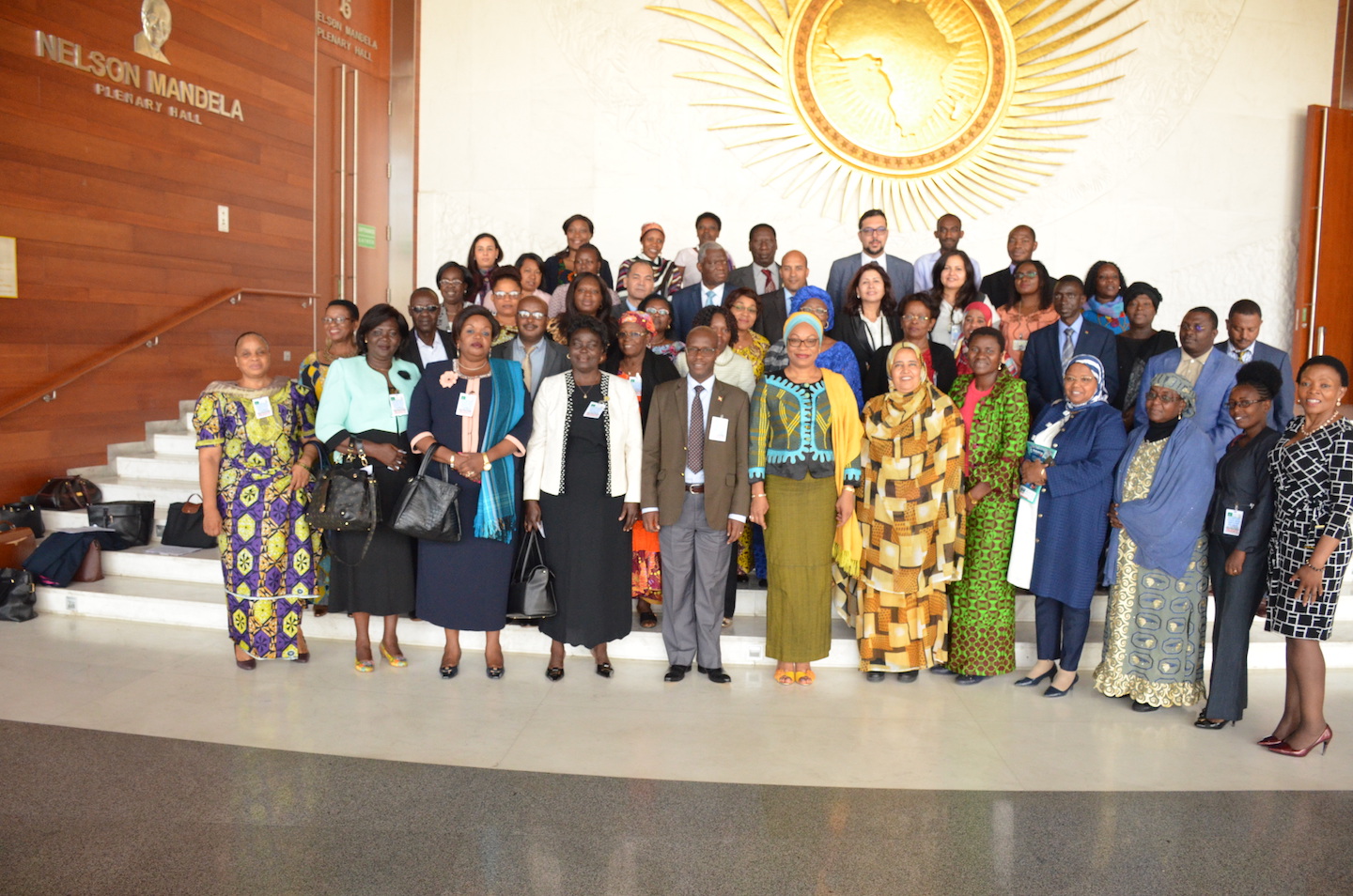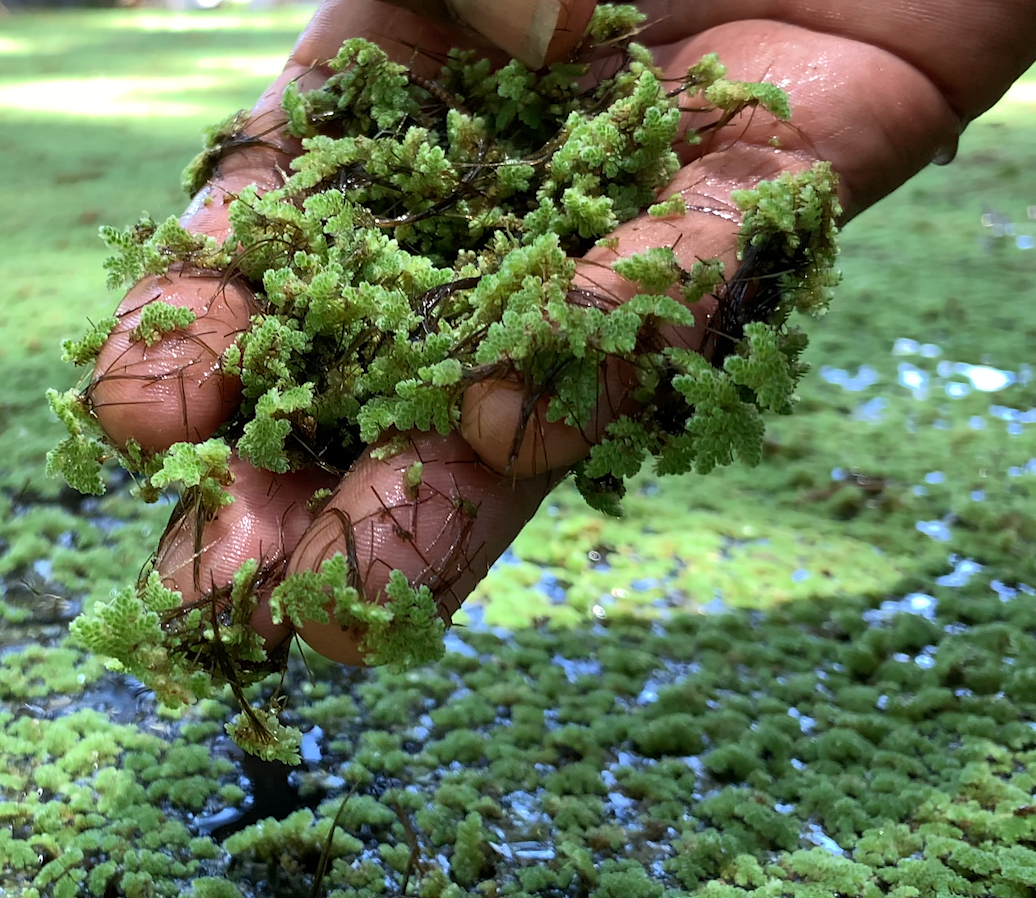
African nations converge at AU to advance women, girls’ rights
African nations will this week seek to accelerate the ratification, domestication and implementation of the Maputo Protocol on Women’s Rights, ahead of the 2020 deadline.

Representatives converged at the Africa Union (AU) headquarters in Addis Ababa, Ethiopia, are using the forum to re-centre focus on the rights women and girls across the continent.
Discussions will also revolve around the obligations that member states have in protecting women and girls from violence, harmful practices such as female genital mutilation and “child marriage”, as well as safeguarding their rights to reproductive healthcare.
Equality Now Africa director Faiza Mohamed said during the forum that creating awareness on the significance women and girls rights would enhance commitment of the member states that have not yet ratified the protocol.
Sexual exploitation, harmful cultural practices, and systemic gender inequalities are among the challenges faced by women and girls across the continent.
“We can no longer remain silent because our silence sanctions these forms of abuse. We therefore need to ensure that all African countries ratify the Protocol so that they are held to account for such injustices,” Mohamed said during the forum.
In July 2004, the AU adopted the Solemn Declaration on Gender Equality in Africa (SDGEA) in which it committed to undertake to sign and ratify the Maputo Protocol by the end of 2004 to pave the way for the domestication and implementation of the Protocol alongside other national, regional and international instruments on gender equality and women’s empowerment.
51 of the 55 African Union member states have signed the Maputo Protocol and 40 have thus far ratified it and are bound to its provisions.
The AU convention will be followed by in-country advocacy missions to countries that are yet to ratify the protocol.
In 2018, the AU adopted its new Strategy on Gender Equality and Women’s Empowerment, which seeks to maximize opportunities for women and girls, ensuring their security, dignity and resilience, making laws and institutions more effective and strengthening their leadership, voice and visibility.
“The protocol is innovative and provides for rights that are specific to the African context. However more needs to be done,” Mohamed added.






